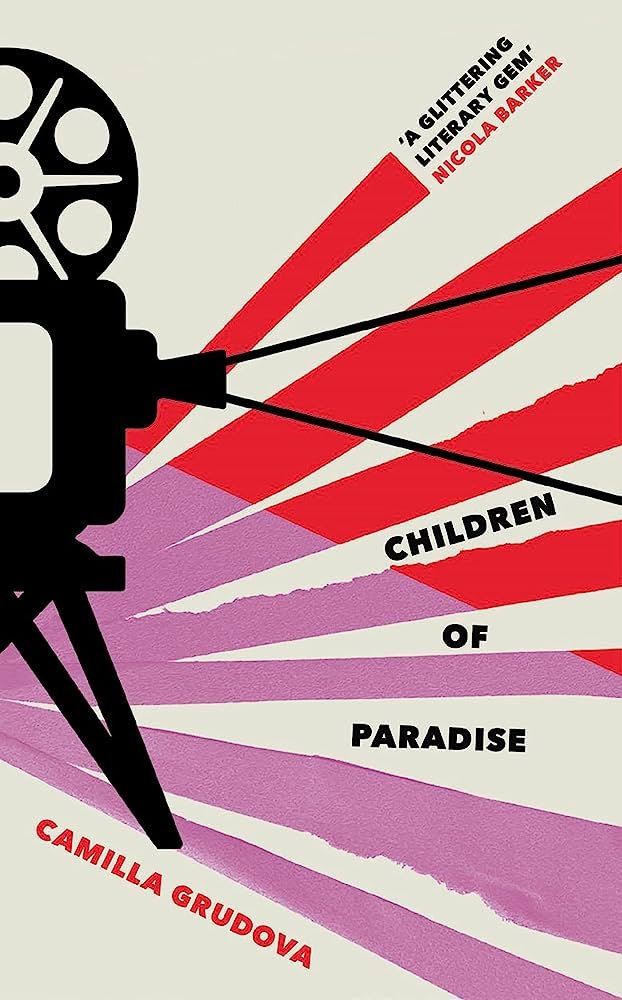In an era that's often dominated by confessional “tell all” fiction it's refreshing, in a way, to read a novel that makes a dilapidated cinema the protagonist of the story and the journey we follow is this dying movie house's last hurrah. Each chapter is headed by the title of a different film and the subsequent events frequently play upon the style or subject matter of these movies. We know little of the narrator at all. She calls herself Holly after a character from 'Badlands' and just arrived in the country, but beyond that we know nothing of her past or future plans. She happens to see a movie house advertising “We're hiring” and quickly gets the job. After orientating herself around its strange interior and working there long enough, she's gradually drawn into the sub-culture of film enthusiasts who are her stand-offish colleagues.
This group doesn't just work in the cinema; they stay after hours drinking the dregs left by customers in glasses of alcohol, taking any drugs which customers drop on the floor or stash in the toilets and screw each other on the stained seats of the movie hall. However, they could hardly be called a collective or a united clique as their tastes in films vary wildly and their piling together to share unhealthy snacks while watching countless movies is more a convenience. Instead, it's the actual film house which has more of a body than any of these people with “the building's gaping mouth, a sparkling marquee teeth grin” and a lit chandelier “like a skeleton hanging there”. The single scratched screen plays mostly old films while a river of sewage runs in the concealed depths underneath. There's rumoured to be a mysterious secret screen which reveals itself in surreal moments to the curious narrator.
The Paradise cinema is the oldest in the city and it's definitely seen better days, yet the employees are devoted to it as a living artefact and beacon of culture. I related to this scenario as in my teenage years I worked at a haunted house in an amusement park. The employees had a cultish devotion to the place and often spent time there even when they were off the clock. It's endearing how a group of people who could be classified as misfits find solace in gathering around a place of employment whose days are clearly numbered. Equally, the bizarre owner of The Paradise and its patrons continuously return with religious devotion. This endows the cinema with a strong personality and Grudova relates in great detail the remnants of its glory days as well as the excruciating way it is steadily falling apart. Although I can understand why some readers are put off by the way it almost revels in the grotesque, there's a perverse pleasure in following the farcical events of this novel as it veers into absolute absurdity. For me, the story unraveled somewhat towards the very end as enforced changes to make this old independent cinema conform to a large cinema chain's designs go badly wrong. The narrative dwindles and feels less significant as all we're left with is the insubstantial narrator gazing in wonder at another lost institution.








